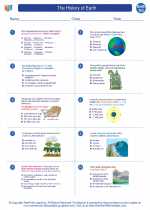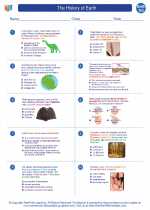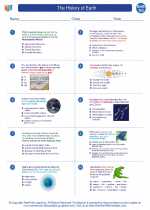Cellulose
Cellulose is a complex carbohydrate found in the cell walls of plant cells. It is the most abundant organic compound on Earth and serves as a structural component in the plant's cell wall, providing rigidity and support to the plant.
Structure of Cellulose
Cellulose is a polymer made up of repeating units of glucose molecules. These glucose molecules are linked together by β-1,4-glycosidic bonds, which form linear chains. The linear chains are packed tightly together, forming microfibrils that are arranged in a parallel fashion, providing strength and rigidity to the plant cell wall.
Functions of Cellulose
- Structural Support: Cellulose provides structural support to the plant cell wall, allowing the plant to maintain its shape and withstand environmental stresses.
- Water Regulation: The presence of cellulose in the cell wall helps regulate the movement of water into and out of the cell, contributing to the plant's turgor pressure and overall water balance.
- Digestive Role: While humans lack the enzyme needed to digest cellulose, it serves as an important dietary fiber, aiding in digestion and promoting gut health.
Study Guide
When studying cellulose, it's important to focus on its structure, functions, and its significance in both plant biology and human nutrition. Here are some key points to include in your study guide:
- Describe the structure of cellulose at the molecular level, including the arrangement of glucose molecules and the type of bonds involved.
- Explain the role of cellulose in providing structural support to plant cells and its importance in the overall structure of the plant cell wall.
- Discuss the function of cellulose in regulating water movement in plant cells and its role in maintaining turgor pressure.
- Explore the significance of cellulose as a dietary fiber in human nutrition, including its impact on digestion and gut health.
- Compare and contrast the properties of cellulose with other carbohydrates, such as starch and glycogen.
Understanding the intricate structure and functions of cellulose will provide a comprehensive overview of its importance in both plant biology and human health.
.◂Earth Science Worksheets and Study Guides High School. The History of Earth

 Worksheet/Answer key
Worksheet/Answer key
 Worksheet/Answer key
Worksheet/Answer key
